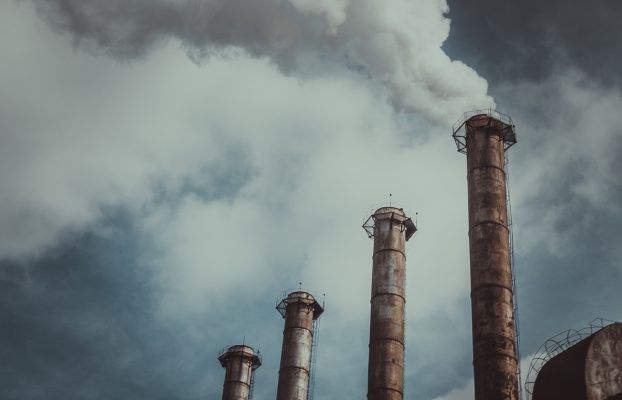Plasticizers for Cables
Plasticizers for cables play an indispensable role in creating flexible and durable cables that power our communication networks and electrical systems. The right choice of plasticizers significantly contributes to the performance and durability of cables, thus driving efficiency in modern connectivity infrastructure.
Plasticizers for cables are chemical compounds added to the polymers used in cable and special tubing manufacturing to increase their flexibility and pliability. These additives allow materials to retain their mechanical properties even at low temperatures.
Improved Flexibility: Plasticizers for cables give materials greater flexibility, making it easier to install and manipulate cables and tubing, especially in applications requiring bends and turns.
Cold Resistance: They maintain their flexibility even at extremely low temperatures, crucial in cold environments.
Reduced Brittleness: They prevent materials from becoming brittle at low temperatures, thus avoiding damage and breakage.
Ease of Processing: Plasticizers for cables facilitate the extrusion and molding processes of polymers, reducing manufacturing costs and improving efficiency.
Electrical Insulation: Some plasticizers also act as electrical insulators, essential in electrical applications.
Electrical Cables: Used in the manufacture of electrical cables to ensure their flexibility and durability, especially in mobile applications such as extension cords and power cords.
Flexible Tubing: In the production of flexible tubes used in industrial applications, construction, and the transport of liquids and gases.
Water Supply Tubing: In flexible tubing for potable water supply systems, where flexibility is essential for installation.
Communication Cables: In communication and telecommunications cables to ensure flexibility and the integrity of connections.
Automotive Industry: In automotive components such as hoses and cables to withstand changing temperature conditions and movement.
Increased Durability: Improved flexibility and cold resistance extend the lifespan of cables and tubes, reducing maintenance and replacement costs.
Ease of Installation: Flexibility simplifies cable and tubing installation in various applications, saving time and effort on projects.
Reliability in Critical Applications: Plasticizers for cables ensure materials maintain performance even in extreme conditions, crucial in critical applications such as the electrical and automotive industries.
Reduced Manufacturing Costs: They facilitate the manufacturing process by improving polymer processability, resulting in more efficient and cost-effective production.
Versatility: Plasticizers can be adapted to different polymers and applications, enhancing their versatility and usefulness across a wide range of industries.
General-Purpose Plasticizers
Chlorinated Paraffin
DIDP (Diisodecyl Phthalate)
DINP (Diisononyl Phthalate)
DOTP (Dioctyl Terephthalate)
Epoxidized Soybean Oil
TOTM (Tri-octyl Trimellitate)
Linear Plasticizers
DUP (Diundecyl Phthalate)
911
Related News Posts Trends
On our blog you will find articles about our products and industries






